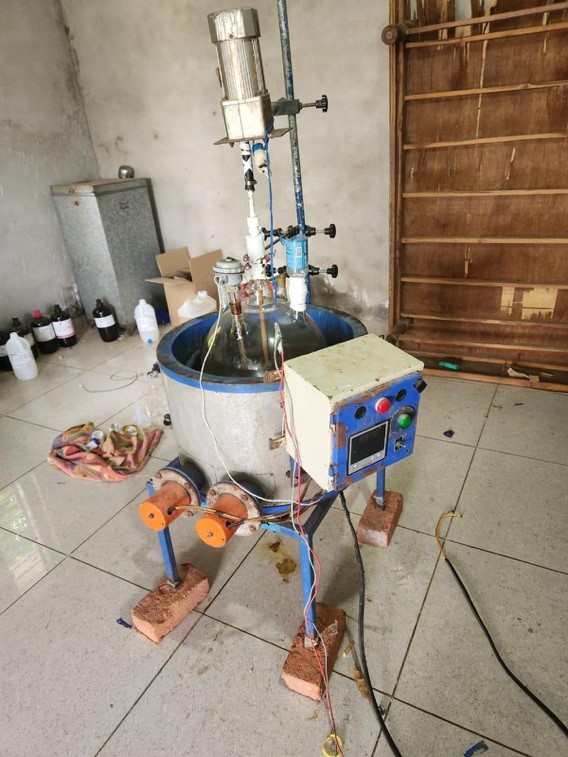





Source: Hindu
Disclaimer: Copyright infringement not intended.
Context
Details
Chemical Aspects
Effects
Legal Status
Sources:
|
PRACTICE QUESTION Q. Examine the socio-economic and public health implications of the increasing use of mephedrone in India. Discuss the challenges in regulating its production, distribution, and consumption, and suggest measures to address the associated risks. (250 words) |








© 2026 iasgyan. All right reserved